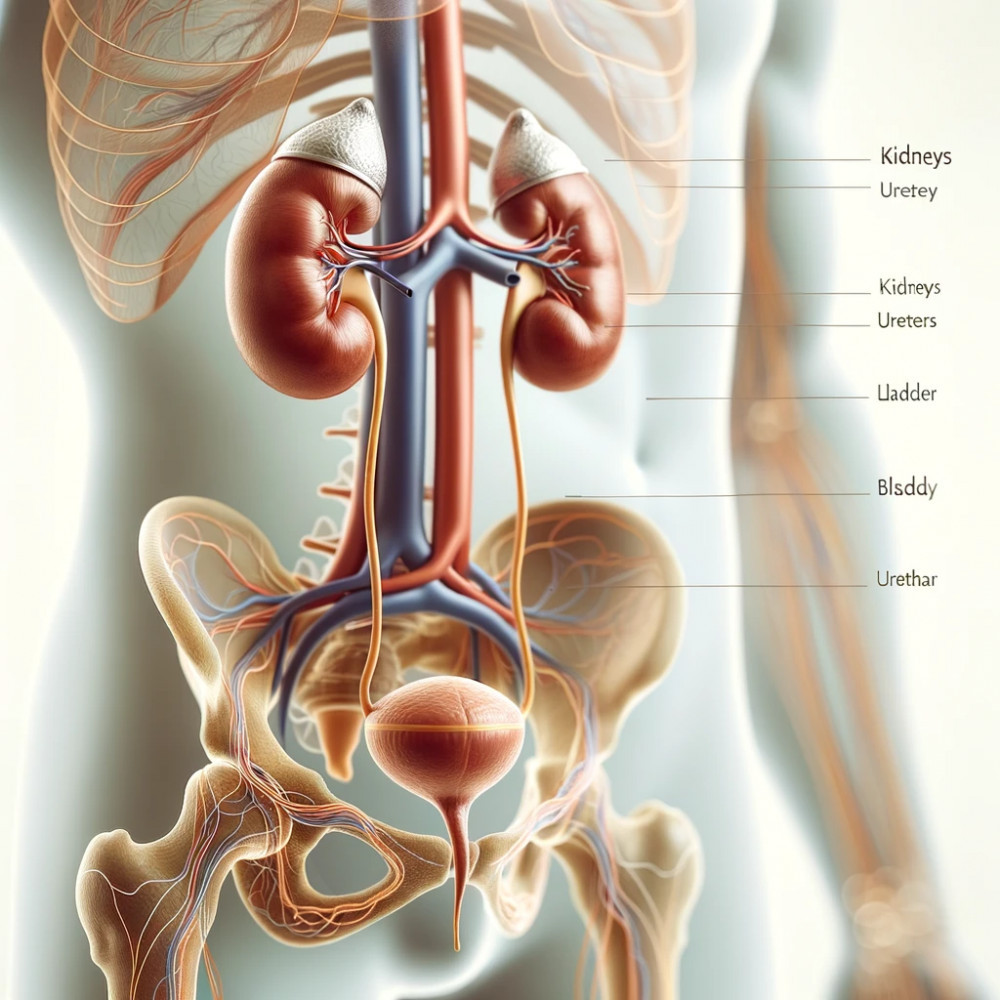“Home Health Care Consultants | Elderly Urinary Tract Infection” views a medical condition commonly referred to as UTI. What effect does it have on the elderly?
This article explores what UTIs are, what causes them, the signs and symptoms, and why the elderly are more susceptible.
Additionally, it looks at available treatments, the medical professionals who treat this condition, and how caregivers can assist elderly individuals in their care.
What Is a UTI? | An Introduction
UTIs are common bacterial infections that can affect people of all ages. However, they can be particularly challenging for the elderly population. UTIs in the elderly are a significant concern due to the unique challenges they pose.
A Urinary Tract Infection is an infection that affects any part of the urinary system, including the bladder, urethra, ureters, and kidneys.
The majority of UTIs occur in the lower urinary tract, affecting the bladder and urethra, and are often referred to as cystitis or urethritis.
However, it can also involve the upper urinary tract, leading to kidney infection (pyelonephritis) if left untreated. This can be a more severe and potentially life-threatening condition.
Causes of UTI | Signs and Symptoms
Causes of UTIs
Bacteria are the primary cause of UTIs, with Escherichia coli (E. coli) being the most common culprit. The bacteria enter the urinary tract through the urethra and can multiply, leading to an infection.
Also, various factors can increase the risk of UTIs, including sexual activity, urinary catheters, dehydration, urinary retention, and, in the case of the elderly, weakened immune systems.
Signs and Symptoms
UTIs can manifest with a range of symptoms, including:
- Frequent and urgent urination
- Pain or a burning sensation during urination (dysuria)
- Cloudy, bloody, or strong-smelling urine
- Lower abdominal pain or discomfort
- Feeling fatigued or shaky
- Mild fever or chills
- Confusion or changes in behavior (especially in the elderly)
Health Care | Why Are the Elderly Susceptible
The elderly are more susceptible to UTIs due to a combination of factors. Aging can weaken the immune system, making it less effective at combating infections.
Additionally, reduced bladder capacity and weakened bladder muscles can lead to incomplete emptying of the bladder. This increases the risk of bacterial growth.
Elderly individuals are also more likely to have underlying conditions such as diabetes or urinary incontinence. These also can further increase susceptibility.
Incidence and Prevalence | Prevention and Management
Consider some statistics on the following:
Incidence and Prevalence
- UTIs are one of the most common infections experienced by people over 65 years old. In fact, it’s estimated that about 10% of women and 5% of men over 65 report having a UTI within the past year.
- The chances of getting a UTI increase as you age, especially for women. For instance, by the time women reach 85 years and older, as many as 20% may have a UTI.
- UTIs are not as common in older men as in women, but by the time men reach 85, up to 10% may experience a UTI.
- It’s important to note that just because UTIs are common doesn’t mean they’re not serious. They can lead to more severe infections and should be treated promptly.
Prevention and Management
- Drinking plenty of fluids is often recommended to help “flush out” the urinary system, potentially preventing UTIs. However, the exact amount of fluid needed can vary from person to person.
- Cranberry juice or cranberry supplements are commonly mentioned in relation to preventing UTIs. Some studies suggest they can help reduce the risk of recurrent UTIs, especially in women who have had multiple infections.
- Good personal hygiene practices, like wiping from front to back for women, can help prevent bacteria from entering the urinary tract.
- There’s also a focus on the careful use of catheters (tubes placed in the bladder to help urine flow) in hospitals and long-term care facilities. Consequently, these can increase the risk of UTIs when used for a long time.
- For those with frequent UTIs, doctors sometimes prescribe low-dose antibiotics taken regularly to prevent infection. However, this is done with caution to avoid antibiotic resistance.
Treatment Options | Health Care Professionals
Treatment Options Including Medication
Prompt treatment of UTIs is essential to prevent complications. And, doctors typically prescribe antibiotics to treat the infection.
The choice of antibiotic depends on the specific bacteria causing the infection and its susceptibility to different drugs.
Commonly prescribed antibiotics include trimethoprim-sulfamethoxazole, ciprofloxacin, and nitrofurantoin.
Moreover, It’s crucial for patients to complete the entire course of antibiotics. They should do so even if symptoms improve to ensure the infection is fully eradicated.
Health Care Professionals
Several medical professionals can be involved in the diagnosis and treatment of UTIs in the elderly:
- Primary Care Physicians: They often diagnose and treat uncomplicated UTIs.
- Urologists: Specialists in urinary tract disorders treat recurrent or complicated UTIs.
- Geriatricians: Doctors specializing in the care of older adults can help manage UTIs in elderly patients, taking their unique needs into account.
- Infectious Disease Specialist: In cases of severe or recurrent UTIs that require specialized treatment.
Caregivers Support
Caregivers play a vital role in assisting elderly individuals with UTIs:
- Hydration: Ensure the elderly person drinks plenty of water to help flush out bacteria from the urinary tract.
- Medication Management: Administer antibiotics as prescribed and monitor for side effects.
- Personal Hygiene: Assist with regular perineal hygiene to prevent the spread of bacteria.
- Observation: Keep an eye on symptoms and report any changes, especially signs of confusion, to healthcare professionals.
- Encourage Rest: Rest is essential for recovery from infection.
Home Health Care Consultants | UTI Wrap-Up
Urinary Tract Infections are common among the elderly and can present unique challenges. Understanding the causes, signs, and symptoms, as well as involving the appropriate medical professionals, is crucial for effective management.
Caregivers also play a vital role in supporting elderly individuals through treatment and recovery.
UTIs in the elderly can be successfully treated with prompt diagnosis and proper care. This reduces the risk of complications and improves overall well-being.
Much more information is available from the following organizations:
- Centers for Disease Control and Prevention (CDC)
- National Institute on Aging (NIA)
- World Health Organization (WHO)
- PubMed
I hope this article, “Home Health Care Consultants | Elderly Urinary Tract Infection” has shed some light on the subject matter.
If you have any questions or comments, please feel free to leave them below. I will be more than happy to assist you.
Veron
Wealthy Affiliate Premium Member: https://affiliateecosystems.com/wealthy-affiliate-in-review-leading-the-way-for-17-years/


